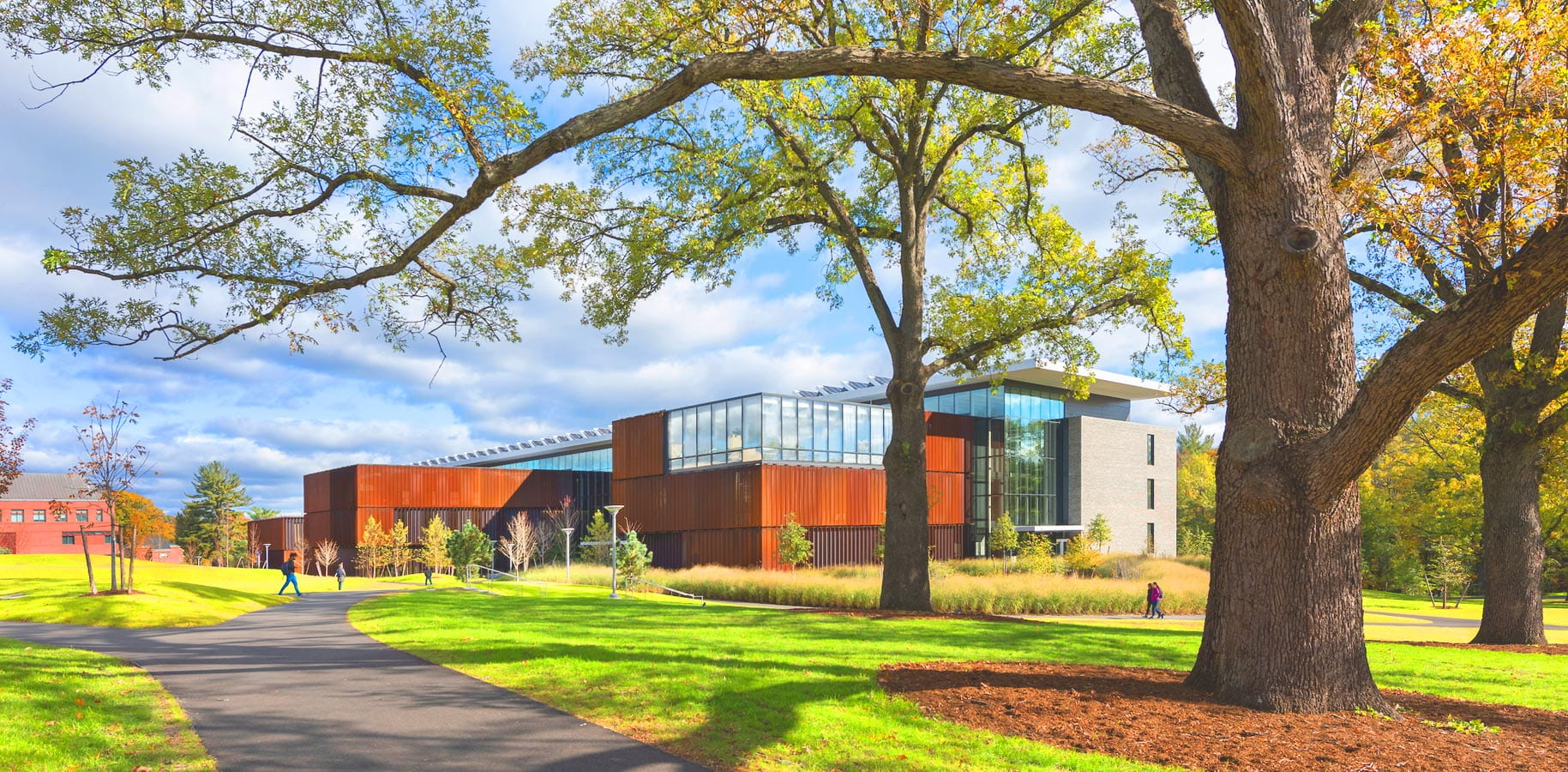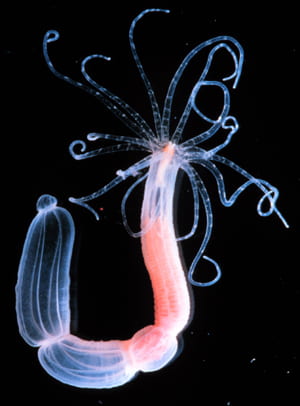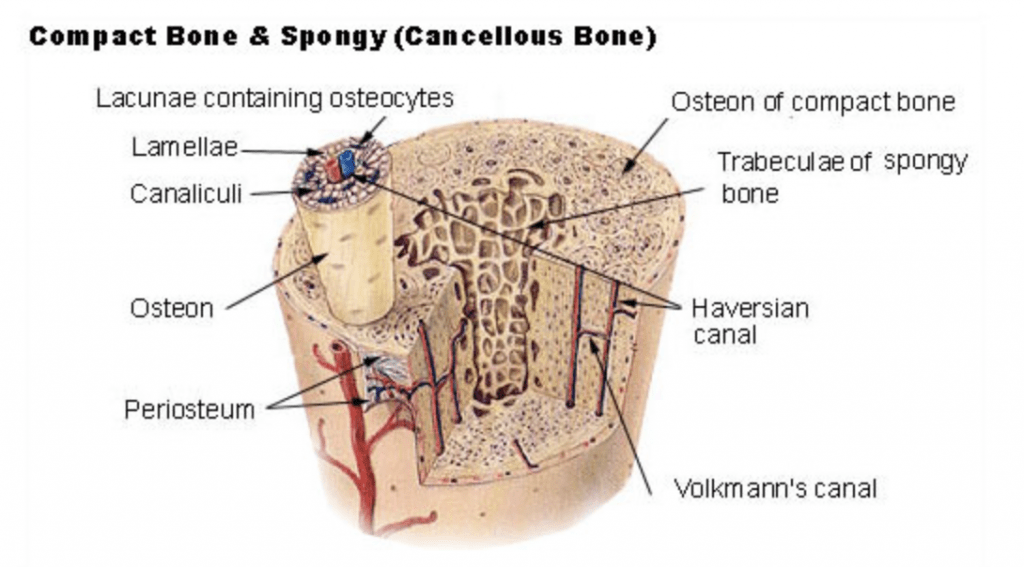Hello! My name is Carl Soderstrom, and I am a rising sophomore majoring in Biochemistry and French. This summer, I will be on campus working as a Greg Call intern for Professor Wu Orr. Our lab is interested in how bacteria utilize small proteins of about 50 amino acids or shorter to respond to stressors…
Working with the Wu Orr Lab










